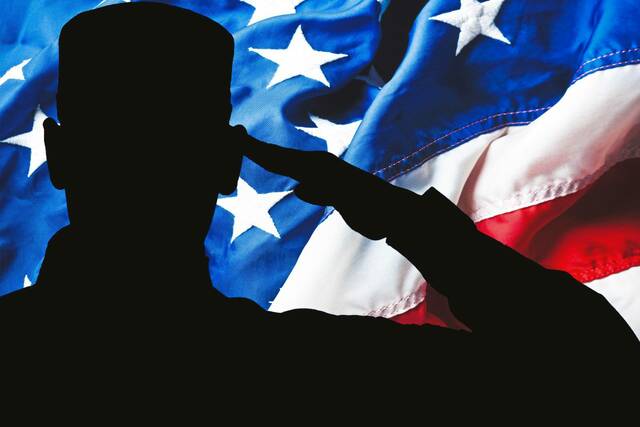For more than 95 years, Veteran Administration (VA) Research and Development programs have improved the lives of veterans, and all Americans, through groundbreaking health care discovery and innovation. This work has transformed the medical landscape through critical discoveries including tuberculosis treatment, cardiac pacemakers, nicotine patches, hearing aids, covid-19 vaccinations and more. VA nonprofit corporations (NPCs) like the Veterans Health Foundation (VHF) in Pittsburgh act as force multipliers for the work of the VA, ensuring that veterans and their families have access to the best and most innovative health care for generations to come.
At the Veterans Health Foundation, we’re dedicated to improving the health and well-being of veterans, their families and society by driving research, education and innovation in the VA. Since 1991, we’ve conducted and supported research and education opportunities by collaborating with the VA Pittsburgh Healthcare System, private companies, government agencies, foundations and academic institutions. Our strategic objective is to enhance veteran access to clinical trial opportunities, and we are leading the way both with our regional, multi-site expansion as well as adding decentralized elements to clinical trials that will allow veterans to participate in studies outside of a hospital or clinical setting.
To understand the health conditions unique to veterans, we must study them. But for too long, scientific research has left our nation’s heroes out of the equation entirely. Clinical trials solely dedicated to enrolling military service members and veterans are few and far between, and most trials don’t track whether a trial participant is a veteran or not. Fewer than 2% of clinical trials in the pharmaceutical industry include VA medical centers as research sites, despite veterans having a higher prevalence of cancer, diabetes, hypertension, COPD and mental illness than the general population. We owe those who served our country an enormous debt of gratitude. The least we can do is ensure that they get the best health care we can offer.
Rigorous, scientifically sound clinical trials are the gold standard for providing evidence of a medical treatment’s safety and effectiveness. They are the foundation for FDA approval of new drugs and medical devices that allow us to administer the highest quality of health care and improve patient outcomes. But right now, those trials leave veterans out.
A 2016 review of 2,475 clinical trials conducted between 2005 and 2014 found that U.S. service members only participated in a meaningful portion of 20.7% of studies. Of those 512 meaningful trials, only a mere 120 were open to military participants exclusively. Veterans are often left out of clinical research due to a lack of awareness — both from the drug industry and scientists. This oversight isn’t necessarily intentional, but the outcome is just as devastating. We must do a better job educating clinicians, drug companies, and military families themselves about why this oversight matters.
Clinical trials primarily enroll white males and consistently underrepresent women, the elderly and people of color. Ensuring that clinical research includes diverse populations is not mandatory and has not been a priority for many clinicians and pharmaceutical companies. Veterans make up a unique population with characteristics that differ from the civilian population. We do our veterans a great disservice by underrepresenting them in clinical trials, especially because clinical research often gives veterans access to life-saving or life-enhancing treatments that wouldn’t otherwise be available to them outside of a research setting.
Our approach to expanding access to clinical trials for veterans must take many forms. At VHF, we are committed to recruiting clinical research participants who represent underserved communities. Similarly, we are working to ensure that researchers themselves hail from diverse populations. We are also committed to making sure we find veterans where they are, so that access is not a barrier. As part of our strategic planning work, VHF is laying the groundwork over the next handful of years to launch research teams that conduct clinical trials by going into communities using mobile research units. As a first step, we’re expanding our services to medical centers in our region who currently lack research programs or require additional capacity to broaden their scope of service.
We hope that the pharmaceutical industry will see what we’re doing to include underserved populations in clinical research, and adopt more inclusive ways of diversifying their pool of research participants. This Veterans Day, let’s commit to honoring our heroes by ensuring they get the best and most innovative healthcare medicine has to offer. It’s the least we can do.
Alanna Caffas is chief executive officer of the Veterans Health Foundation, in Pittsburgh.








